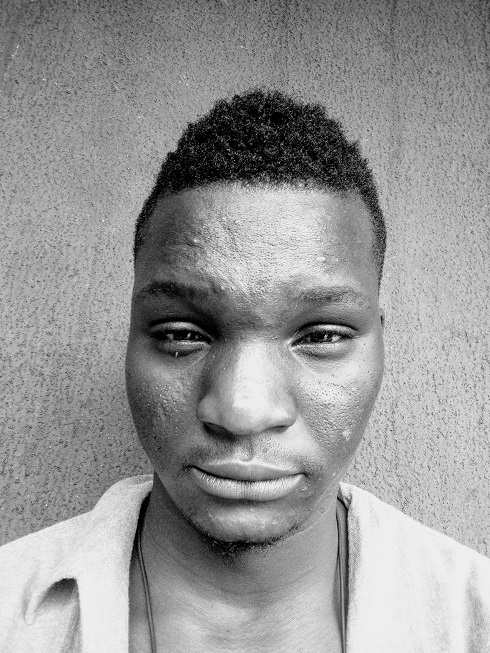When Beth, in C.A. Davids’ How to Be a Revolutionary, leaves South Africa for Shanghai, she did not expect to be immersed in the Chinese city. It offers warmth and exploration, and for years her marriage issues in Cape Town recede into the distance. But suddenly, she is forced to reckon with much more.
How to Be a Revolutionary is forthcoming on February 8, from Verso Books. “It’s for readers of Teju Cole and What We Lose by Zinzi Clemmons,” say its publishers.
Here’s a description:
Fleeing her moribund marriage in Cape Town, Beth accepts a diplomatic posting to Shanghai. In this anonymous city she hopes to lose herself in books, wine, and solitude, and to dodge whatever pangs of conscience she feels for her fealty to a South African regime that, by the twenty-first century, has betrayed its early promises.
At night, she hears the sound of typing, and then late one evening Zhao arrives at her door. They explore hidden Shanghai and discover a shared love of Langston Hughes—who had his own Chinese and African sojourns. But then Zhao vanishes, and a typewritten manuscript—chunk by chunk—appears at her doorstep instead. The truths unearthed in this manuscript cause her to reckon with her own past, and the long-buried story of what happened to Kay, her fearless, revolutionary friend.
Connecting contemporary Shanghai, late Apartheid era South Africa, and China during the Great Leap Forward and the Tiananmen uprising—and refracting this globe-trotting and time-traveling through Hughes’ confessional letters to a South African protege about the poet’s time in Shanghai—How to Be a Revolutionary is an amazingly ambitious novel. It’s also a heartbreaking exploration of what we owe our countries, our consciences, and ourselves.
The novel was inspired by the South African author’s own trip to China, she told Open Country Mag. But she didn’t start immediately; rather she thought of chapters in her head and scribbled random scenes before “the actual disciplined act of writing began.”

She said, “I’d just moved back home to South Africa after having lived in Shanghai for three years. I was really happy to be home and all that the move brought with it (especially clear blue skies after the heavy grey) but I also hankered for what I’d just left behind, and the novel started as a love letter to Shanghai. From there it happened quite organically: the initial concept was soon shaped by a number of serendipitous events and readings.”
In South Africa, Davids read a book which was “very hard to find” in Mainland China. This was Yang Jisheng’s Tombstone: The Great Chinese Famine. “It became elemental to my understanding of what had happened in China,” she told us. “Another fortuitous discovery was that Langston Hughes had spent time in Shanghai, and that he’d corresponded with writers from South Africa.”
How To Be a Revolutionary has been praised by Imraan Coovadia, who called it “a global novel” and Davids “one of the South Africa’s most innovative writers.” Jennifer Nansugba Makumbi wrote in a blurb: “This placing side by side of a Chinese, a South African, and an African American together should not work, yet she makes it do so authentically. It is a brave book and I pray the world reads it with as much delight as I have.”
C.A. Davids knew the novel she wanted, a compelling and well-written work. She wanted it to “incorporate issues that I thought pretty quotidian and human: race (always), love, loss, revolution,” she said. “I left food out of that wonderful mix, although I couldn’t resist writing a lavish dinner scene somewhere in the book.”


